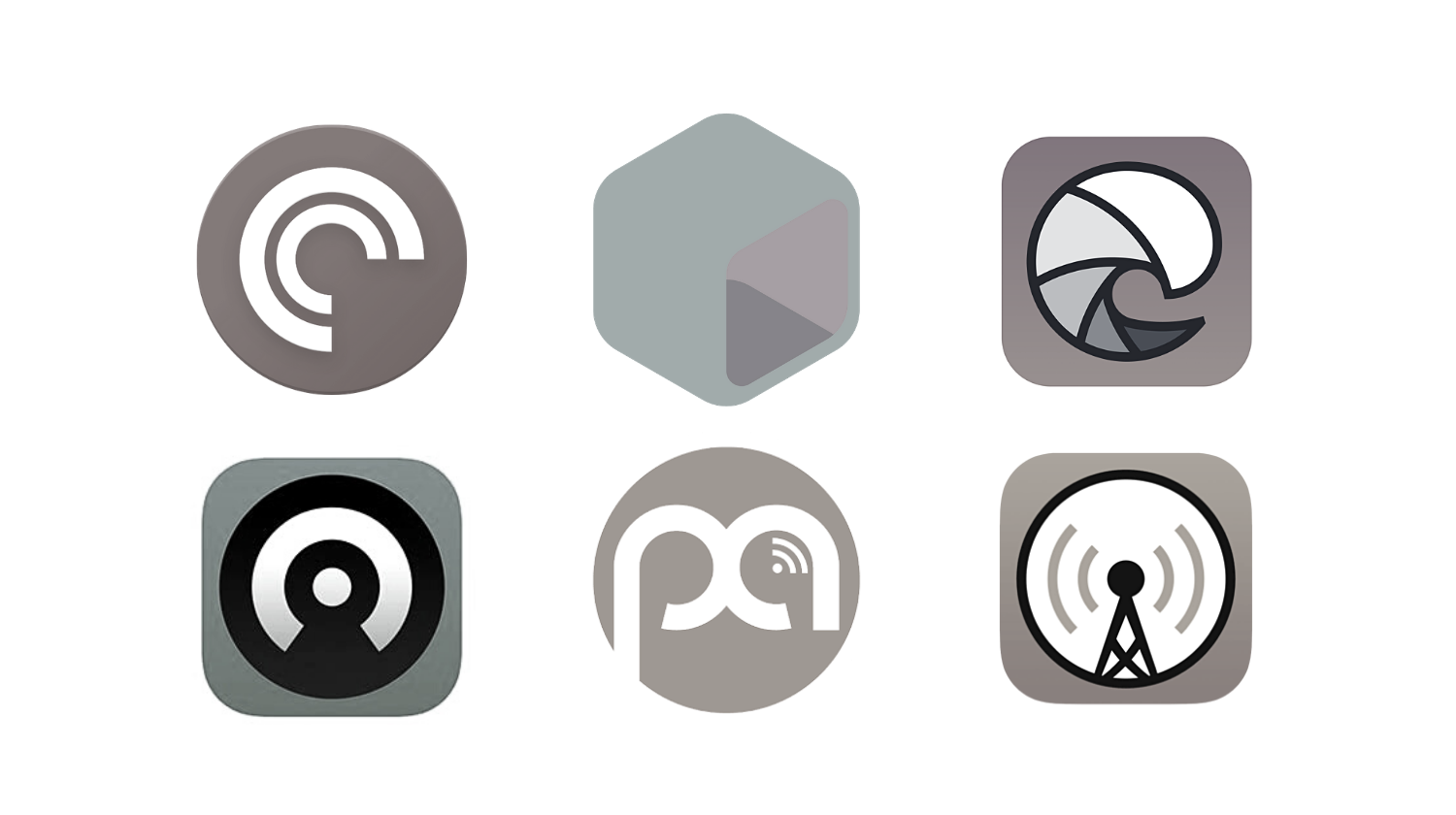By Sean Martin & Marco Ciappelli
During our RSA Conference USA 2020 coverage in San Francisco, we connect with keynote speakers, presenters, panelists, organizers, and the InfoSec community to keep the conversation going. This is one of those chats.
ITSPmagazine coverage, podcasts, webcasts, articles, and all our happenings during RSA Conference USA 2020 in San Francisco is made possible by the generosity of our sponsors. We are ever so grateful for your support.
We all use the Internet and Internet-connected devices.
So, who needs hackers’ rights? We all do.
We've had several conversations here on ITSPmagazine over the years where we talk about cybersecurity research, ethical hacking, why this role in InfoSec exists, how bug bounties work. The benefits the hackers' work brings to society.
In today's conversation—with Chloé Messdaghi, Tanner Emek, and Jeff Boothby—we take a much more direct view into the role and the impact that current laws and a lack of understanding outside of the InfoSec industry can have—and does have—on the ethical hackers' lives… and, ultimately, in our society.
“About 93% of the Forbes 2000 (or less) do not have a vulnerability disclosure program (VDP). 60% of researchers do not actually report vulnerability because they’re scared of being prosecuted.”
“Know where to stop and you know when to ask for permission—disclose.io is working to get language in place and companies on board to adopt this language for bilateral trust between those companies and researchers.”
“If you go on a website that seems like it’s holding a lot of data, you want [the company] to fix any bugs they have. But if there is no VDP and you’re afraid to test for them—and there’s no way to alert them—then [the bugs] are just going to sit out there until somebody malicious comes along.”
“It’s my data is on these websites. Not only do I want my data protected, I want other people’s data protected as well.”
We must recognize that ethical hackers aren't cybercriminals—the work that they do matters. As we look for ways to protect our homes, our cars, the stores where we shop—not to mention that we want to have a safe Internet as well—we must come to terms with the reality that hackers are part of the solution, not part of the problem.
Not convinced? Have a listen and decide for yourself.






